Want to excel in software development?
Our approach towards software development is a holistic one. We created comprehensive program as we saw that more and more training programs are focused on “development” work and as such do not give you insights about how your coding will convert into a beneficial solution.
A software solution that meets customer “Requirements” and delivers perfect “use cases” using the latest “technologies” while focusing on solid “Quality” principles. Our training is designed for people who have already studied core skill such as a programming or testing and need hands on experience on real world projects and work with professional software development teams.




